India board seeks to criminalise match-fixing 'to protect cricket'
BCCI's argument is that match-fixing counts as cheating by deception—an existing offense under the Indian Penal Code (IPC)—and therefore should be counted as a crime.
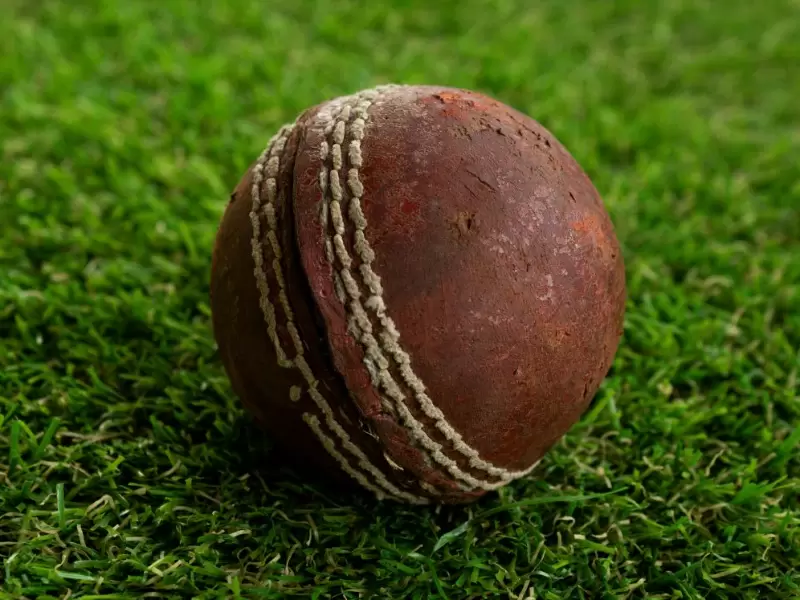 Representative image / Courtesy: Unsplash
Representative image / Courtesy: Unsplash
Indian cricket authorities have petitioned the country's top court to make match-fixing a criminal offense in a bid to ramp up the pressure on illegal bookmakers and bent players.
The Board of Control for Cricket in India (BCCI), the world's richest cricket body, has argued to the Supreme Court that "the act of match-fixing constitutes a criminal offense."
The BCCI said it had stepped up to protect the sport, in court documents seen by AFP on Oct. 23.
"The prevalence of corrupt practices in cricket matches has an adverse impact on the game and undermines the integrity of the sport," the BCCI wrote in documents filed with the court registrar on Oct. 14.
Also Read: India finishes behind Australia in Sultan of Johor Cup
The BCCI's legal argument is that match-fixing counts as cheating by deception—an existing offense under the Indian Penal Code (IPC)—and therefore should be counted as a crime.
The case continues.
The appeal stems from allegations of match-fixing during a state cricket league in 2018-2019 in Karnataka involving six people—including two players, the coach and the team owner.
The High Court in the southern state dismissed it as a criminal case in 2022.
The first major scandal in Indian cricket to make headlines erupted in April 2000 when police intercepted calls between bookmakers and South Africa captain Hansie Cronje during his team's tour of India.
Cronje confessed to throwing matches and named India's then-captain Mohammad Azharuddin as the person who introduced him to bookmakers.
The BCCI instituted its own anti-corruption codes in 2019, which give the board the power to issue fines and lifetime bans.
"Public confidence in the authenticity and integrity of the sporting contest is vital," the code submitted to the court reads.
"If that confidence is undermined, then the very essence of cricket will be shaken to the core."
Another fixing controversy broke out in the Indian Premier League in 2013 when players and officials from Rajasthan Royals and Chennai Super Kings were found involved in spot-fixing and betting activities.
Key players were banned for breaching the BCCI's code of conduct, and the teams were suspended for two years.
Neighboring Sri Lanka introduced tough laws to tackle match-fixing in 2019, including up to 10 years in jail and fines of 100 million rupees ($333,000).
That came after then-sports minister Harin Fernando said the game was riddled with graft "from top to bottom."
Sri Lanka's former spin bowler Sachithra Senanayake became the first to be prosecuted under the law in June. He denies wrongdoing.
ADVERTISEMENT
ADVERTISEMENT
E Paper
Video




 AFP
AFP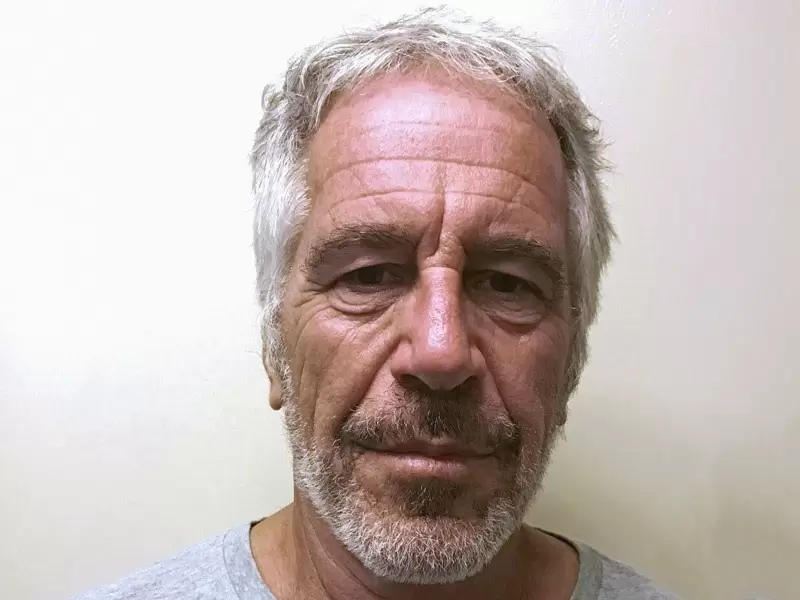



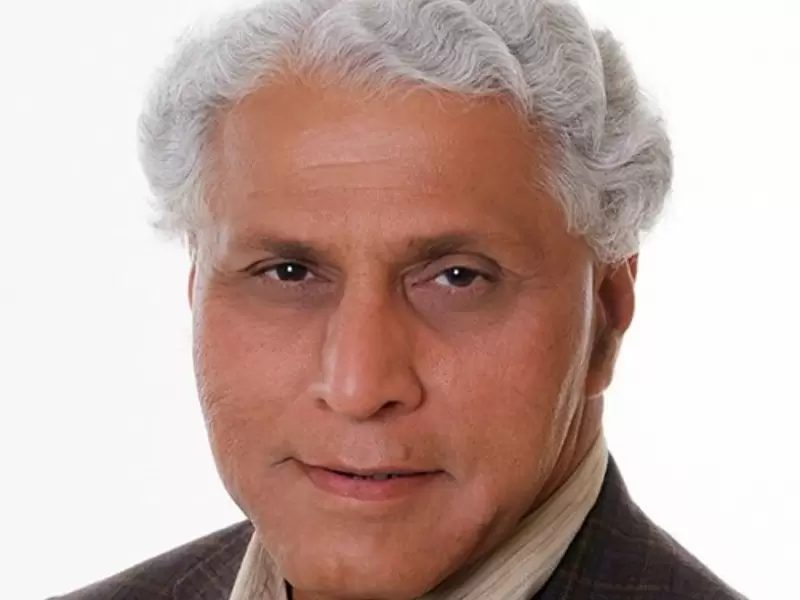
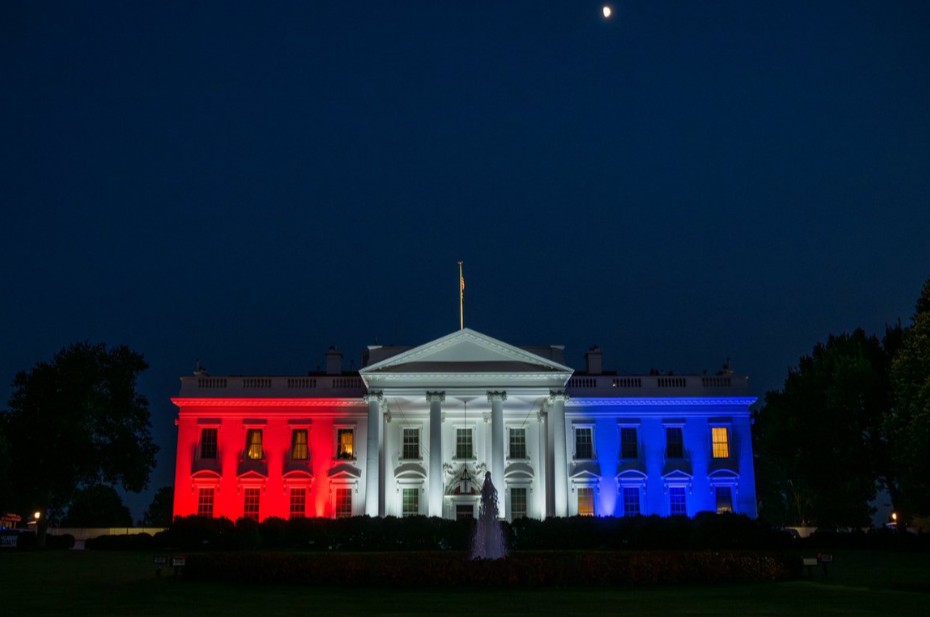
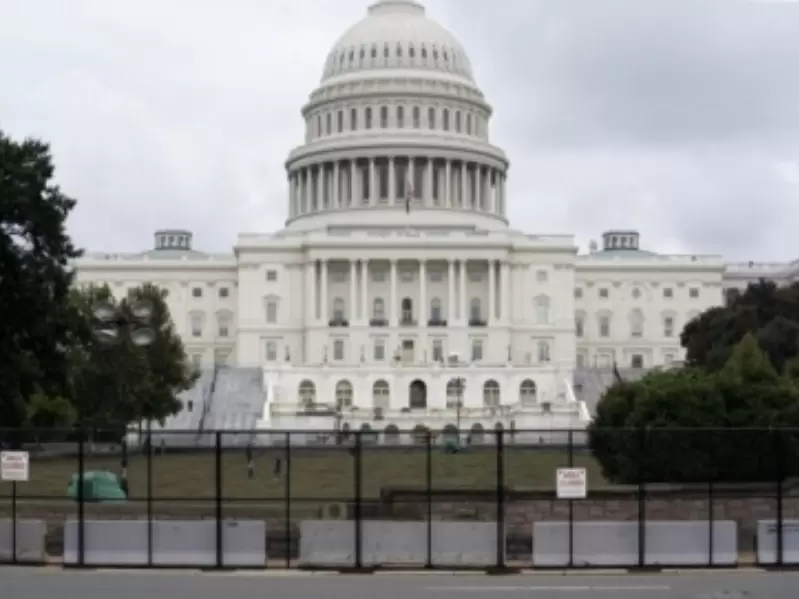
.jpg)
.jpg)

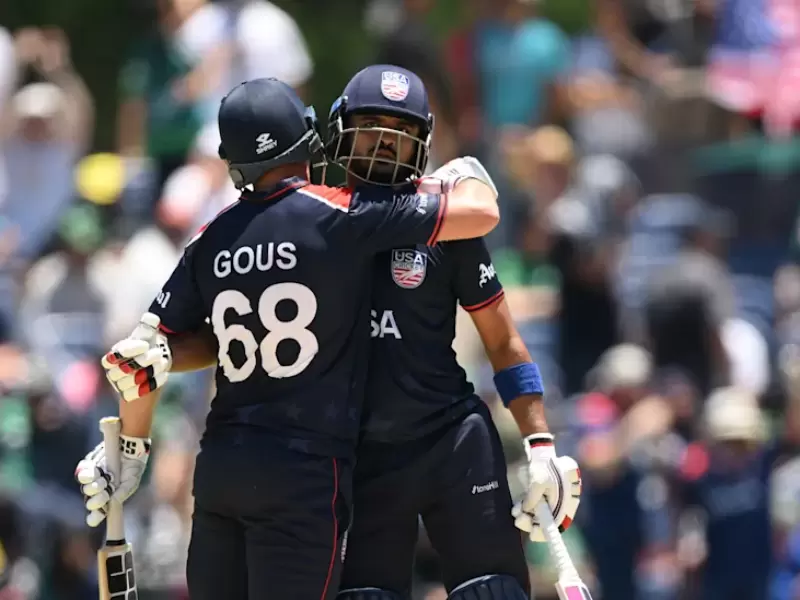
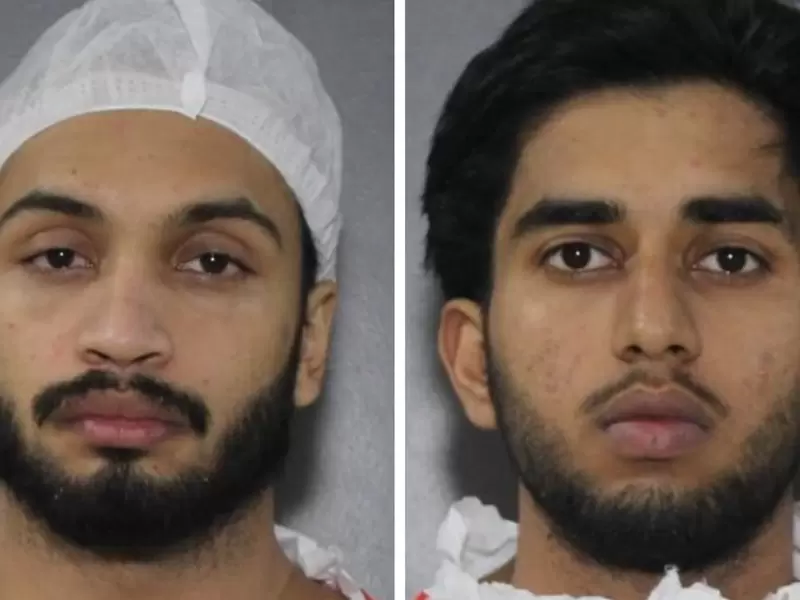


Comments
Start the conversation
Become a member of New India Abroad to start commenting.
Sign Up Now
Already have an account? Login